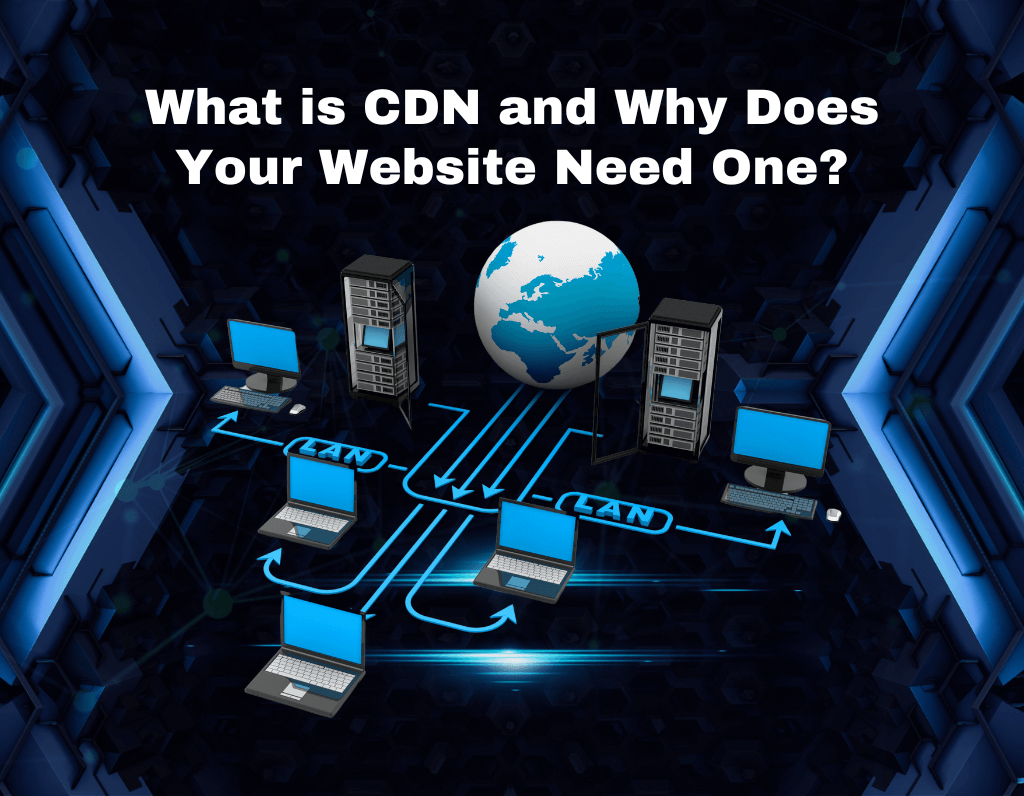The coronavirus outbreak is already having a major impact on economies worldwide as the lockdown continues. The flow on effects of the quarantine are inevitable. As Australian households are forced to absorb the costs of an extended downturn. During a crisis when a ship begins to sink, people start throwing things overboard in an attempt to stay afloat. But should your marketing strategy be one of the things you give up on in a crisis just to stay afloat?
Australian businesses have found themselves shocked by the unexpected pandemic and are currently in a dilemma. Should they keep continuing with their marketing strategies or should they focus on saving whatever is left of their companies? It is an unusual situation for everyone. But it is proven that those who continue to market their business in a downturn will always come out on top at the end. Businesses need to adapt their marketing strategies to the difficult times we are currently living.
To answer the question. Do you still need a marketing strategy during the coronavirus crisis? It is important to look back to the origins and remember what the role of marketing is.
What is the role of marketing in a crisis?
Marketing helps increase visibility of your business. If you want your business to survive, you need your audience to be informed about your brand. People don’t stop consuming during a crisis. In fact, they are still interested in buying some products and services. Marketing can help your brand become front of mind to those consumers who are looking for a solution to their problem. By keeping your brand visible your business can improve brand awareness and recognition.
Marketing helps your business build trust with your audience. In a climate of uncertainty and doubt, consumers stick to the businesses that communicate effectively their trustworthiness. This crisis can be an opportunity to showcase how your brand is protecting your customers. For instance, disinfecting your product packages or offering touchless delivery. Building a trusting relationship with your audience will help develop loyal customers long after the coronavirus crisis ends.
Marketing helps sell your products and grow your business. Whilst your consumers are isolating at home, they will continue to buy. As people try to keep their life as unaltered as possible during the pandemic. An effective marketing strategy will help consumers move through the purchase decision process more quickly. Creating educational articles and blogs that are relevant to the current crisis can help position your brand as an expert. Helping generate website traffic and improving lead generation. As your business sells more your business will be able to grow.
Marketing opportunities in a crisis/recession
Continually marketing during a crisis is a necessity and fantastic opportunity for your business to increase profits while other businesses are slowing down. So, whether you are marketing to maintain your brand awareness and prepare for better days or to sell more in the hope your business has the chance to flourish. You should know that marketing during a crisis has some inconveniences but there are also some opportunities you shouldn’t miss.
Reduced competition. In a crisis/recession your competitors will cut back on their marketing expenditure. Meaning less competition for your business to market your products/ services. This means it is a great time to rebrand or promote a new product because your audience is more available. When others are afraid to keep investing in marketing, you are in advantage because there are fewer players on the field and more chances to win.
Reduced marketing costs. In a crisis/recession the cost of marketing decreases as fewer businesses pay for marketing services. Agencies tend to decrease prices to compensate for the lower demand. So, this is the time to put into practice your 2020 marketing strategies.
Marketing messages during in a crisis/recession
Continuing the same pre-crisis marketing strategies in a time when people risk getting ill or losing their job. Can make your brand look insensitive. Using the coronavirus issue to raise brand awareness could come across as attempting to capitalising on other people’s suffering.
You need to decide what messages should be immediately paused. Even if you have pre-scheduled content, you need to give up on ideas that contradict current social isolation rules. It’s vital that you evaluate your imagery and language because one picture or word used at the wrong moment can compromise the success of your marketing strategy. For instance, you should avoid images of crowds or people touching each other and also remove marketing language that describes close interaction. You need to communicate to your customers the idea of support without the physical contact part. You can still use pre-crisis copy but check it before releasing it online, so it does not look like you are out of touch with current events or uncaring.
Focusing on informing customers
You don’t want to be come across as inappropriate or seen as taking advantage of a collective tragedy. Your response to the crisis should concentrate on the proactive measures you are taking to protect customers. Such as, closing brick and mortar stores or developing your online services where possible. Try and avoid communication messages that include wording like “Covid-19 Sales” or using dramatic language with an alarmist tone.
Thinking about future messaging
During difficult a crisis, businesses tend to communicate in a less optimistic manner and give up on the bling-bling messaging they’ve previously used. However, evidence shows that you should avoid a grim perspective in your marketing. Businesses who talked about happiness and hope during the 2008-2009 recession were appreciated for bringing a ray of light during the difficult economic times.
Developing user-generated content
At this moment your audience is already craving social interaction. The quarantine is a time to spotlight people in your company or your customers and their response to the crisis. From tips on how to maintain your office plants when everyone is working from home, to sharing tips on how to keep your morale high during this period. Every little thing people do to create positivity is excellent material that will keep your audience glued to your brand’s messages.
During a crisis/recession you still need to keep your consumers informed about your brand and marketing can help achieve that. Marketing is a long-term effort needed to cultivate relationships with your consumers and should not end during the current crisis. If you still want to be part of your customer’s everyday life and lay the foundations for what will come once the crisis ends. You need to ensure long-lasting relationships with your audience. Don’t let them forget about your brand. To learn about low cost marketing strategies read our blog Low Cost Marketing Strategies To Advertise Your Business During COVID-19!

With over 38 years’ experience in Print Media, Sales and Marketing, Online Services & Marketing plus Financial Service industries. John brings a wealth of knowledge to Visual Marketing Australia. As a Certified Google Partner, his Digital Marketing knowledge includes: Web Design & Development, SEO, Mobile App. Development, Online Marketing, Online Video Marketing and Email Marketing Solutions. With 8 years experience of using Zoho CRM it is a natural progression to become and Authorised Consulting Partner so we can now ad Sales and Marketing Automation to the list.
The post ( Why must you continue to market during a crisis/recession?) appeared first on Visual Marketing Australia.
Source: Source link





